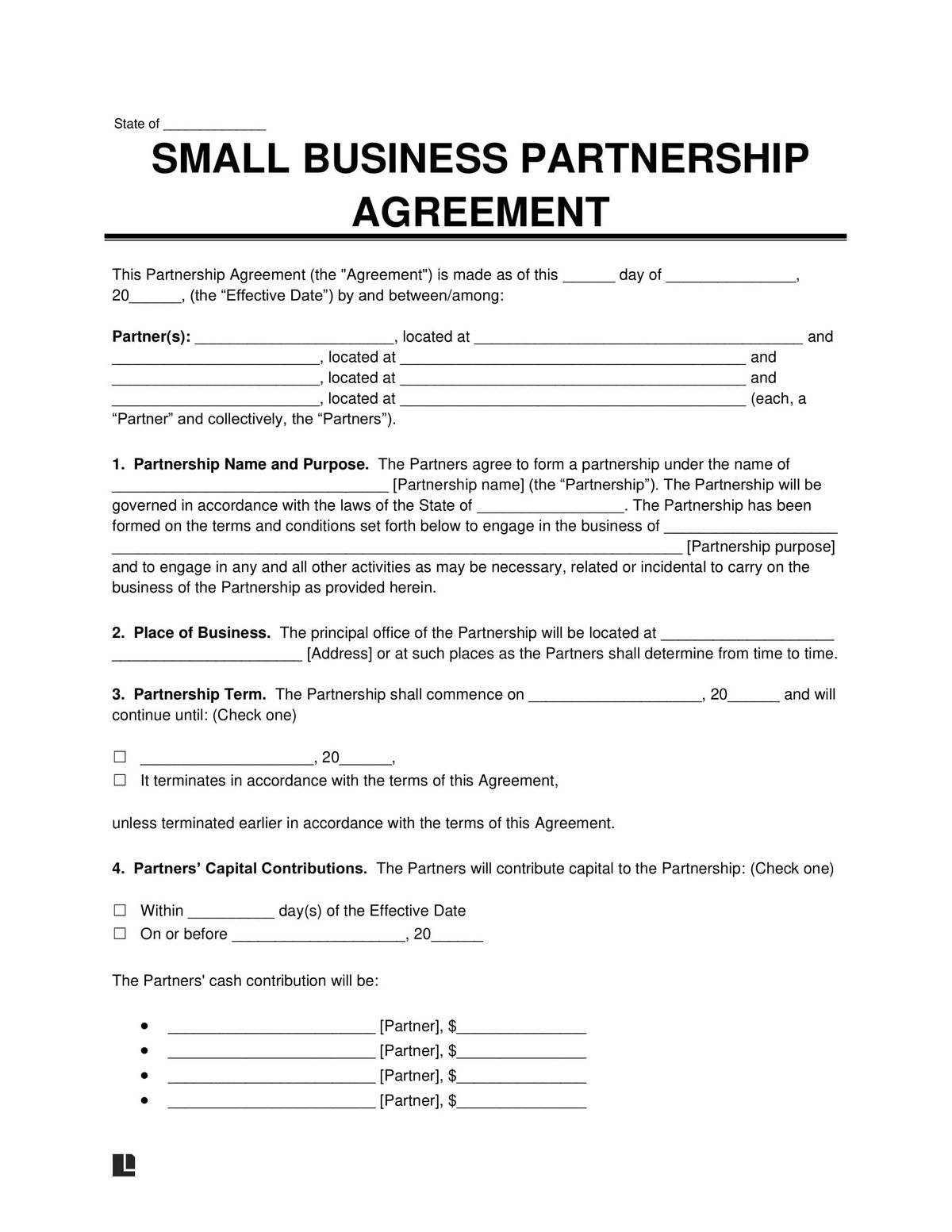
Many business partners overlook a critical element of their partnership agreement that can save them both money and angst: buy-sell provisions. When you create buy-sell provisions for your partnership agreement, you and your partners can prepare for events that have been the downfall of successful small businesses—namely, the death, divorce, bankruptcy, or retirement of one of the owners.
A buy-sell agreement is a binding contract between business partners. It is made up of clauses in your partnership agreement (or it can be a separate agreement) that control the following business decisions:
– who can buy a departing partner’s share of the business
– what events will trigger a buyout
– what price will be paid for a partner’s interest in the partnership.
Think of a buy-sell agreement as a sort of “premarital agreement” between you and your co-owners.
Your buy-sell agreement will instruct and remind you and your partners how you have agreed to handle the sale or buyback of an ownership interest when one partner’s circumstances change. Typically, the events that trigger a buyout under a buy-sell agreement are:
– an attractive offer from an outsider to purchase a partner’s interest in the company
– a divorce settlement in which a partner’s ex-spouse stands to receive an ownership interest in the company
– the foreclosure of a debt secured by an ownership interest
– the personal bankruptcy of a partner
– the disability, death, or incapacity of a partner.
When starting a new business, you may think that the last thing you have time for is worrying about what will happen when you or another owner wants out — or worse, dies. But it’s a huge mistake to ignore the fact that sooner or later your business will change. If you doubt this even for a minute, think about what would happen if you don’t create a buy-sell agreement and one of the following occurs:
– One partner quits to move to another city or leaves to start another business. Without an agreement, your partnership might, by law, be dissolved, forcing you to divide assets and profits among the partners and decide whether to start a new partnership with the remaining partners. Even if your partnership doesn’t end, you will still have to decide whether to buy out the departing partner’s ownership interest and for how much.
– One partner dies, gets divorced, or becomes incapacitated. In this case, you might have to work with the spouse or other family member of a deceased, disabled, or divorced owner. There is a possibility that the family member would be inexperienced or otherwise unable to act in the best interests of the business. On the flip side, you (or your family) might get stuck with a small business interest that no outsider wants to buy and for which no insider will give you a decent price.
– One partner sells their share to a stranger or to someone you know well and can’t stand. In this case, you may be forced to share control of the company with an inexperienced or untrustworthy stranger — or you’ll be faced with the struggle of running a business with someone you’d rather not even see on the street.
Just looking at this list, it should be obvious that if you don’t anticipate and plan for circumstances like these, you’re risking serious personal and business discord — perhaps even court battles and the loss of your business.
Hello!
I’m Andrew Brooks, a seasoned finance consultant from the USA and the mind behind phonenumber247.com.
My career is built on a foundation of helping individuals and businesses thrive financially in an ever-changing economic landscape. At phonenumber247.com, my aim is to demystify the complex world of finance, providing clear, actionable advice that can help you navigate your financial journey with confidence. Whether it’s personal finance management, investment strategies, or understanding the nuances of market dynamics, I’m here to share insights and tools that can propel you towards your financial goals.
Welcome to my digital space, where every piece of advice is a step closer to financial clarity and success!
